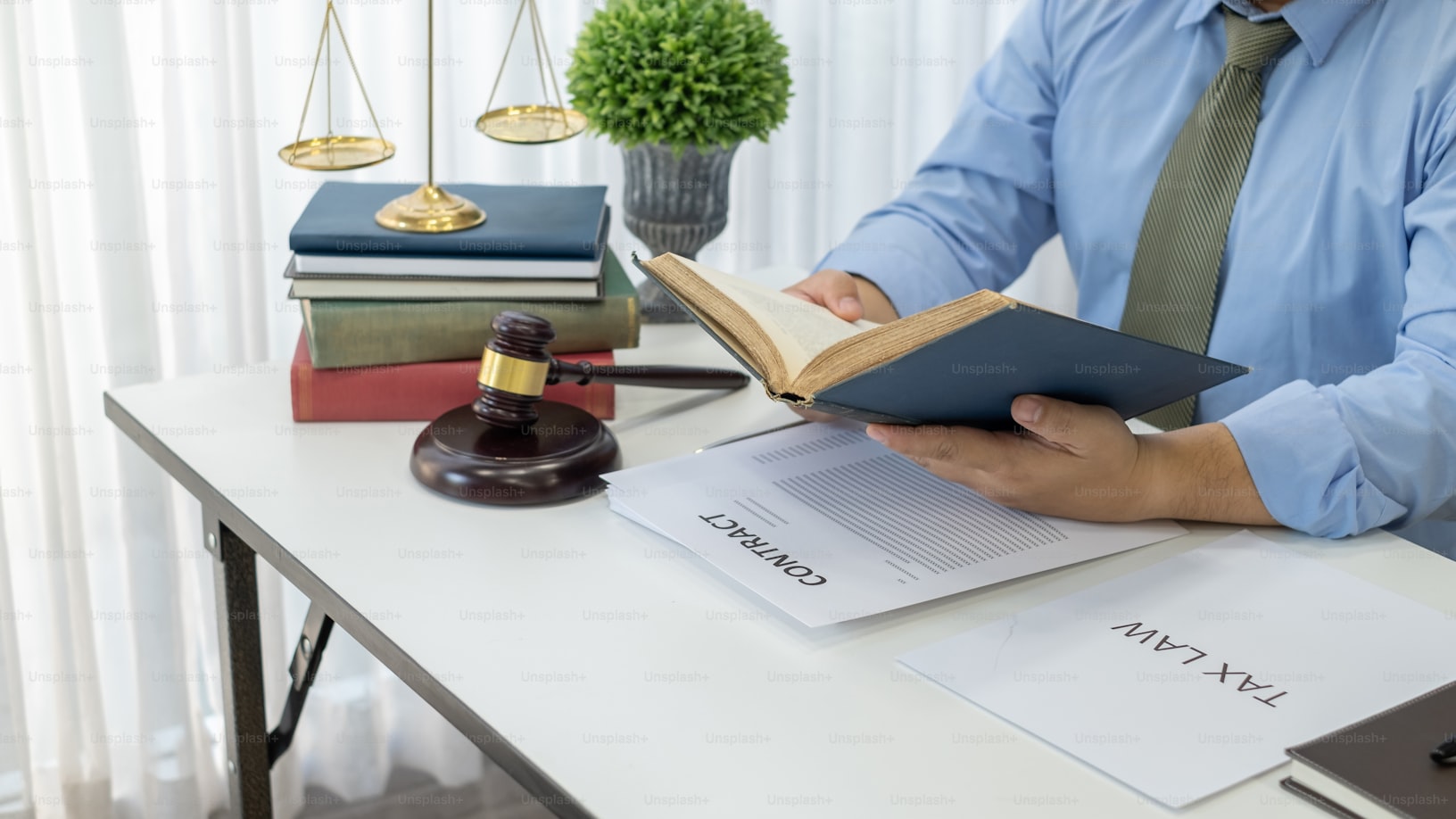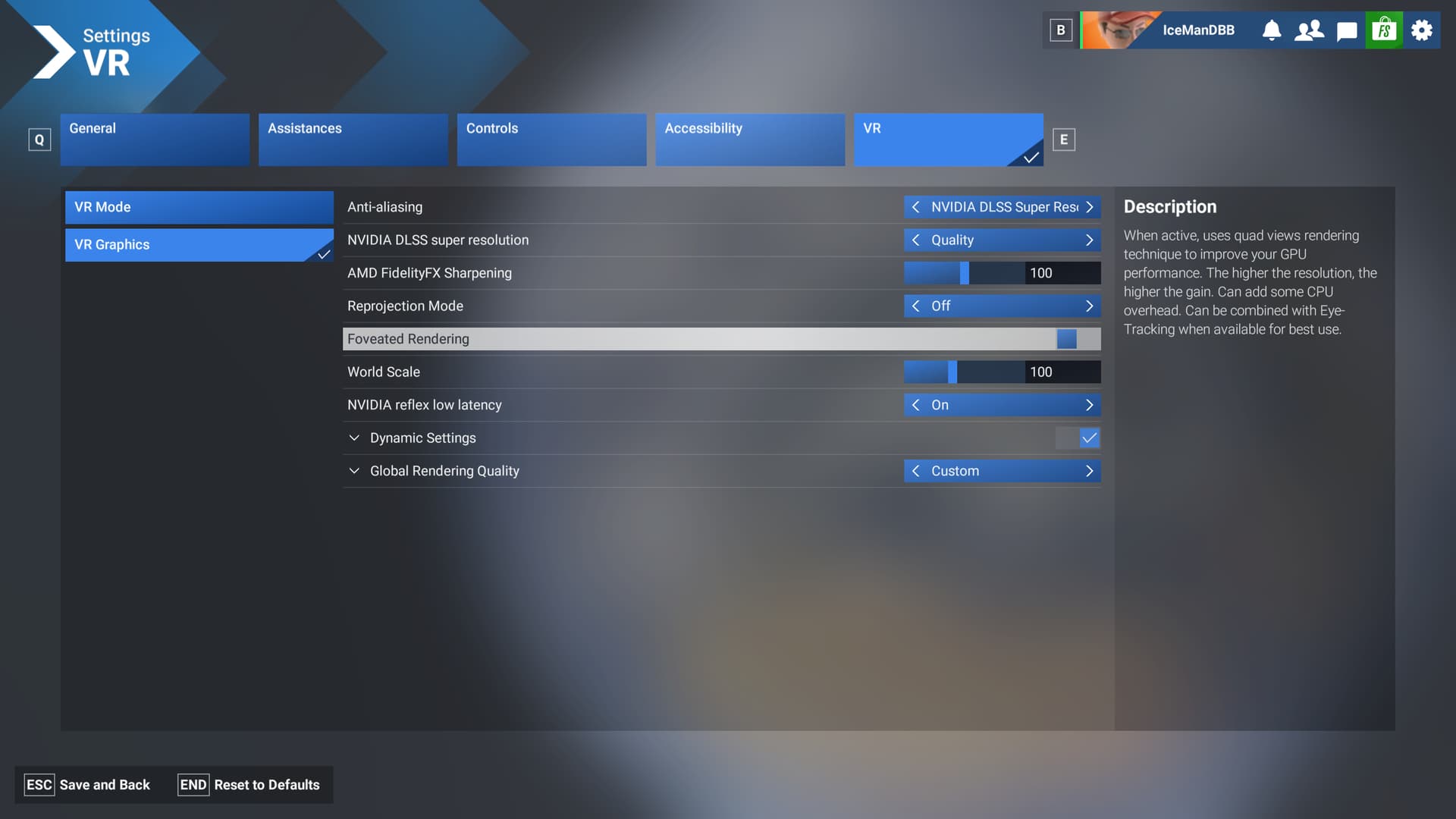Legal guardianship is a crucial legal mechanism that allows individuals to care for those who cannot care for themselves due to age, incapacity, or other reasons. Whether it’s for an aging parent, a child with special needs, or a vulnerable adult, the process of establishing legal guardianship requires careful consideration and adherence to legal procedures.
In some cases, disputes may arise regarding guardianship decisions, leading to guardianship litigation. When facing such situations, it may be necessary to seek the assistance of a specialized guardianship litigation law firm to navigate the legal complexities and protect all parties involved.
Nevertheless, we will delve into how legal guardianship is processed, highlighting the steps and factors to consider.
1. Determining the Need for Guardianship
Before initiating the legal guardianship process, it’s essential to determine if it’s necessary. Guardianship can only be established if a court determines that an individual cannot make decisions regarding their personal or financial affairs.
This incapacity may arise due to mental illness, developmental disability, or advanced age, among other factors. Assessing whether less restrictive alternatives, such as powers of attorney or healthcare proxies, are crucial to meet the individual’s needs before pursuing guardianship is crucial.
2. Filing a Petition for Guardianship
The process of establishing legal guardianship typically starts with the filing of a petition in the appropriate court. The one filing the petition, often a family member or concerned party, must provide evidence of the individual’s incapacity and the necessity for a guardian to take charge of decision-making duties. This evidence may include medical records, assessments from healthcare professionals, and testimony from witnesses familiar with the individual’s situation.
3. Notifying Interested Parties
Once the petition is filed, the court typically requires all interested parties, including the proposed ward and close relatives, to be notified of the guardianship proceedings. This ensures that everyone affected by the decision has the opportunity to participate and express their views. Sometimes, the court may appoint an attorney to represent the proposed ward’s interests if they cannot advocate for themselves.
4. Assessing the Proposed Guardian
In addition to evaluating the need for guardianship, the court will also assess the suitability of the proposed guardian. The individual seeking guardianship must demonstrate their ability to act in the proposed ward’s best interests and manage their affairs responsibly. This may involve providing background information, undergoing a criminal background check, and participating in interviews or hearings to assess their qualifications.
5. Court Evaluation and Decision
Upon careful consideration of all relevant evidence and input from all parties concerned, the court will determine the need for guardianship and the suitability of the proposed guardian, thus issuing an order appointing the guardian and specifying their powers and responsibilities. The court may also establish safeguards to protect the rights and interests of the proposed ward, such as requiring periodic reviews of the guardianship arrangement.
6. Implementing the Guardianship Order
Once the court has issued its order appointing a guardian, the guardian can begin to fulfill their duties and responsibilities. These may include making decisions about the proposed ward’s medical care, housing, finances, and other important matters. The guardian must act by the court’s directives and prioritize the individual’s best interests under their care.
7. Ongoing Responsibilities of the Guardian
Guardianship is an ongoing duty that necessitates regular vigilance and diligence, not just a single action. They are typically obliged to provide the court with periodic reports detailing their actions and decisions taken on behalf of the ward. Also, they may be subjected to oversight and review by the court to ensure they are appropriately fulfilling their duties. It is essential for guardians to stay informed about changes in the ward’s circumstances and needs and to adapt their approach accordingly.
The Takeaway
Setting up legal guardianship is a substantial decision that necessitates a thoughtful assessment of the individual’s requirements and situation. By following the proper legal procedures and acting in the proposed ward’s best interests, guardians can ensure they are effectively fulfilling their responsibilities.
Through ongoing communication, oversight, and diligence, guardians can provide the support and advocacy vulnerable individuals need to thrive.







